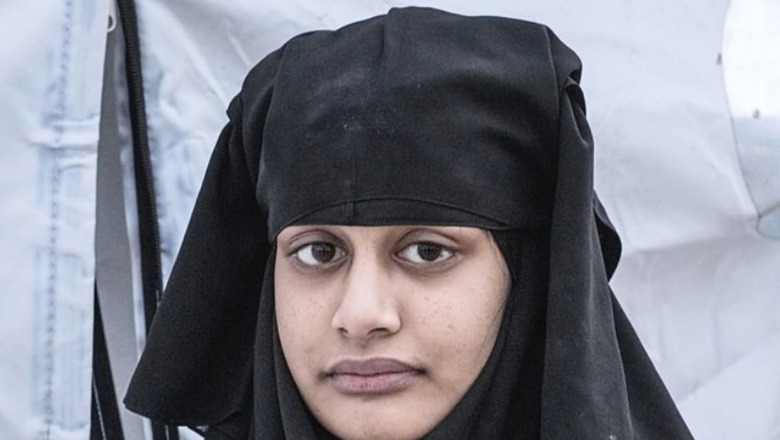
views
A group of United Nations experts have urged Britain to repatriate a woman stripped of her citizenship after leaving the country aged 15 to marry an Islamic State fighter. Shamima Begum, 24 and living in a refugee camp in northern Syria, lost an appeal last month against the decision to remove her British citizenship.
A group of five UN special rapporteurs voiced deep concern at the February 23 ruling, and urged Britain to provide Begum with protection — including repatriation — and review the decision to revoke her citizenship. “Begum remains stripped of her citizenship, vulnerable, and denied assistance and protection as a possible victim of trafficking,” the experts said.
Read More: Shamima Begum, London-Born ISIS Bride, Loses Appeal to Regain British Citizenship
“Protections owed to victims of trafficking and those at risk of trafficking, especially children, must be respected to be meaningful,” they said. England’s Court of Appeal rejected all five arguments presented by Begum. The risk to national security took precedence over whether she had been a potential victim of trafficking, it ruled. Begum could still take her case to the UK Supreme Court.
Begum, whose family is of Bangladeshi origin, left her east London home for Syria with two school friends in 2015. While there, she married a fighter with the IS jihadist group and had three children, none of whom survived. In 2019, Begum had argued she was left de facto stateless when Britain’s then interior minister Sajid Javid revoked her citizenship on national security grounds.
The appeal court however ruled that his decision had not been unlawful, as Begum had Bangladeshi citizenship through her parents until her 21st birthday. Javid did not therefore need to consider the realistic likelihood of her being permitted to enter Bangladesh. In their statement, the UN experts argued: “There is a credible suspicion that Ms Begum was recruited, transferred and then harboured for the purpose of sexual exploitation. “Human trafficking is an international crime, a form of modern slavery.”
The statement was issued by the special rapporteurs on people trafficking, on contemporary slavery, on human rights while countering terrorism, on the sale and sexual exploitation of children, and on violence against women. Special rapporteurs are mandated by the UN Human Rights Council but are independent experts and do not speak for the United Nations.
(With agency inputs)



















Comments
0 comment